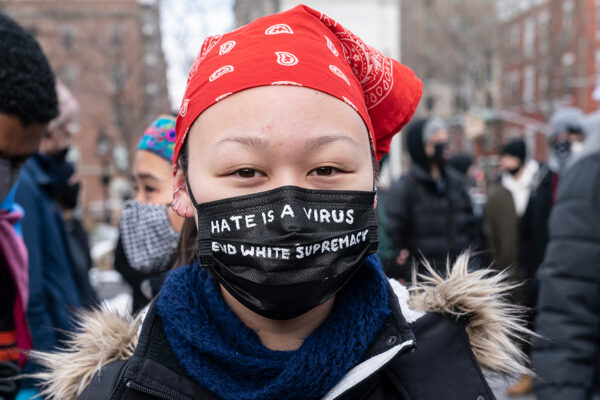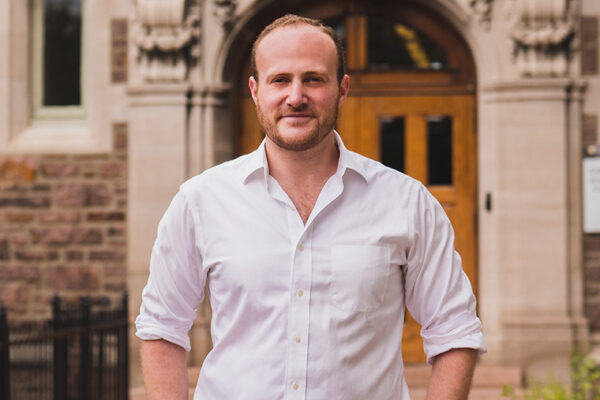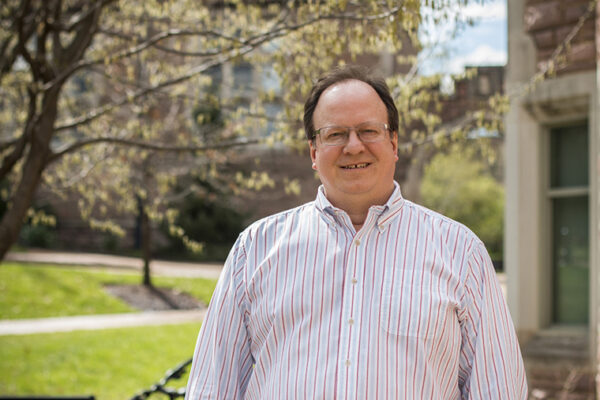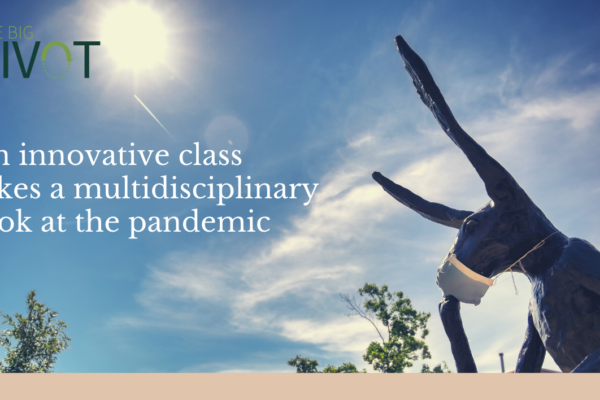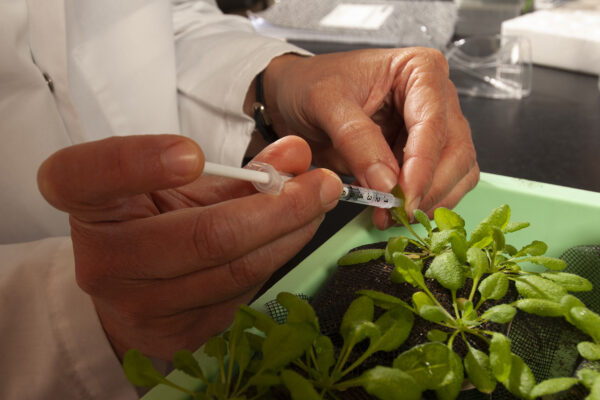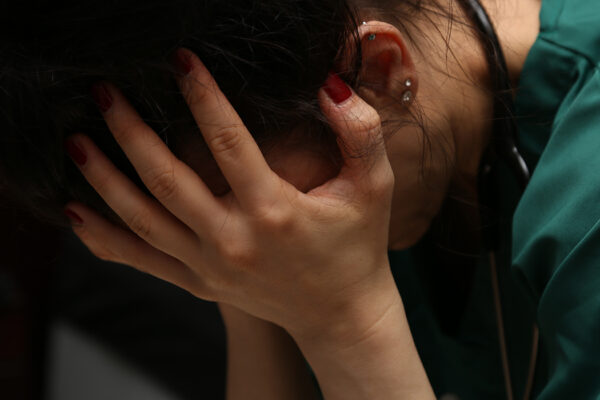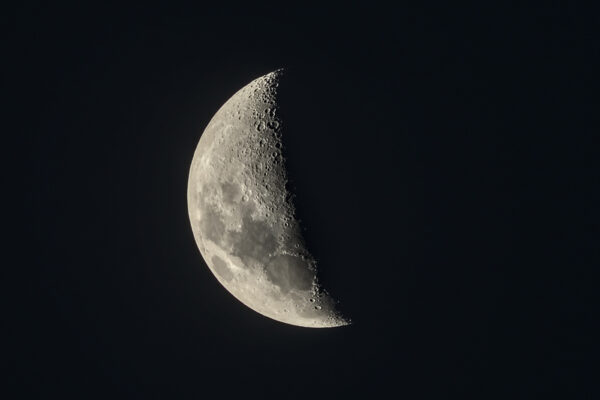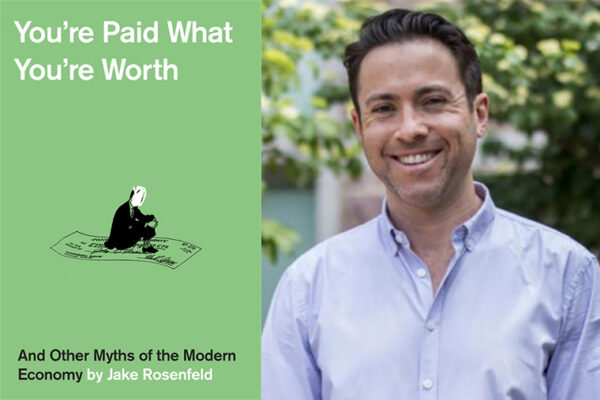Anti-Asian racism nuanced and often intertwined in misogyny
Washington University’s Ariela Schachter and Linling Gao-Miles share their perspectives on the recent killing of eight people — including six women of Asian decent — in Atlanta and the history of anti-Asian racism and violence in the U.S.
Mathematician Frankel receives NSF CAREER Award
Steven Frankel, assistant professor of mathematics and statistics in Arts & Sciences, received a CAREER Award from the National Science Foundation for his project “Universal Circles Between Dynamics and Geometry.”
Wysession receives award for science literacy work
Michael Wysession, professor of earth and planetary sciences in Arts & Sciences, was recently named the winner of the 2021 Geosciences in the Media Award of the American Association of Petroleum Geologists. The honor recognizes Wysession’s many achievements in promoting geoscience literacy and education.
Breaking down the American Rescue Plan
The American Rescue Plan is a remarkable effort to jump-start the U.S. economy — unprecedented in scale outside of major wars — and will lead to very fast growth of the U.S. economy over the next year, according to Steven Fazzari, director of the Weidenbaum Center on the Economy, Government and Public Policy.
The pandemic through a holistic lens
An innovative course envisioned by Feng Sheng Hu, dean of the faculty of Arts & Sciences, offered perspectives not only from Arts & Sciences faculty, but from experts across disciplines and across the country. It also welcomed students from all schools and all areas of study, bringing even more viewpoints to the table. And more than […]
Barbara Kunkel: Prolific researcher, exceptional educator
As professor of biology in Arts & Sciences, Barbara Kunkel has made significant contributions to understanding the strategies plant pathogens use to manipulate their plant hosts. In addition to her research, Kunkel is an exceptional educator, beloved by her students.
How to cope with pandemic anniversary emotions
Rebecca Lester, professor of sociocultural anthropology at Washington University in St. Louis, offers advice for coping with the emotions brought on by COVID-19 anniversaries and moving forward.
How WashU scientists are helping NASA study the moon
An Arts & Sciences research team will help build a rover-mounted drill sensor to quantify the 3D distribution of water at the moon’s south pole. The team includes local St. Louis company Impossible Sensing.
Brantmeier receives grant to promote Arabic and Persian literacy
Cindy Brantmeier, professor of applied linguistics in international and area studies in Arts & Sciences, received a STARTALK summer grant to promote Arabic and Persian literacy in the St. Louis region.
‘You’re Paid What You’re Worth’
With his new book, “You’re Paid What You’re Worth,” Jake Rosenfeld, associate professor of sociology, challenges the idea that we’re paid according to objective criteria, while placing power and social conflict at the heart of economic analysis.
View More Stories
